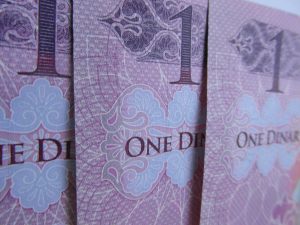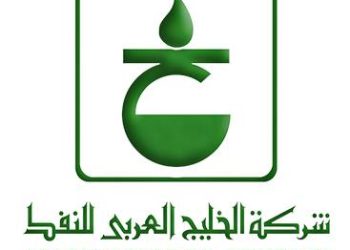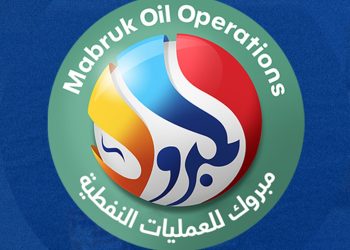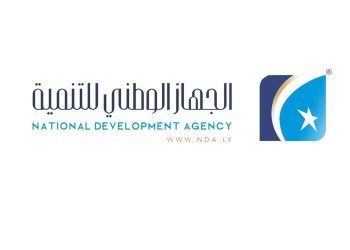By Libya Herald reporter.

Malta, 12 January 2015:
The only internationally recognized Libyan government has confirmed that it is receiving no money from . . .[restrict]the Central Bank of Libya and that it is in fact, in the meanwhile, operating by virtue of a LD 250 million bank loan.
The confirmation came from Prime Minister Abdullah Thinni during a meeting Saturday of his cabinet and the House of Representatives’ (HoR) Emergency Committee held in the eastern city of Al-Beida.
After reviewing a number of urgent actions that the government needed to implement to ease some of the bottlenecks and crises, Prime Minister Thinni reiterated that the government was doing its best to alleviate the situation, and that the biggest barrier it is facing is the lack of necessary funds from the state budget.
Thinni confirmed the fact that the 2014 budget had not been disbursed to the government yet and that the CBL Governor, appointed by the HoR, has not yet been able to provide the required funds and that the government was operating with a loan from one of the commercial banks.
It will be recalled that the CBL is currently only disbursing the wages and subsidy sections, if that, from the current budget, due to low state revenues.
It is also worth recalling that the CBL scenario is further complicated by the fact that there are two contending CBL Governors currently as the previous uncontested Governor, Saddek Elkaber, was sacked by the HoR in September 2014 and replaced by his Deputy Ali Salem Hibri after he had refused to attend a meeting he was summoned to in Tobruk by the HoR.
El-Kabber had refused to disburse the 2014 budget and had referred it to the CBL’s legal department in July 2014 questioning the size of the budget and the over optimistic projections of oil, tax and customs revenues.
He felt that the budget should have been reduced in line with the huge shortfall caused by the Federalists’ blockade of oil ports and that the budget should not have relied so much on access to foreign currency reserves. The Governor was worried that Libya’s new inexperienced politicians were being profligate and populist with Libya’s reserves, and saw his neutral role as their protector.
Ironically, these reserves had been accumulated over the decades by the Qaddafi regime.
The situation has been worsened by the recent fighting over and at the various oilfields causing production to dip to around the 300,000 bpd, and by the huge drop of international crude oil prices.
This complicated political and financial scenario has meant that the Libyan government finds itself operating without funds during a crises period, forcing it to seek a loan from a commercial bank. [/restrict]








